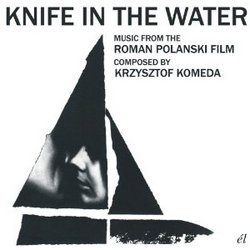
Reading Paolo Bacigalupi's richly imagined novel The Water Knife brings to mind the movie Chinatown. Kansas City Star, Best Fiction of 2015.NPR Book Concierge, Best Books of 2015.As bodies begin to pile up, the three find themselves pawns in a game far bigger and more corrupt than they could have imagined, and when water is more valuable than gold, alliances shift like sand, and the only truth in the desert is that someone will have to bleed if anyone hopes to drink. There, he encounters Lucy Monroe, a hardened journalist with her own agenda, and Maria Villarosa, a young Texas migrant, who dreams of escaping north. When rumors of a game-changing water source surface in Phoenix, Angel is sent south, hunting for answers that seem to evaporate as the heat index soars and the landscape becomes more and more oppressive. Detective, assassin, and spy, Angel Velasquez “cuts” water for the Southern Nevada Water Authority, ensuring that its lush arcology developments can bloom in Las Vegas. In the near future, the Colorado River has dwindled to a trickle.

"Think Chinatown meets Mad Max." NPR, All Things Considered

In the not-so-distant future, Southwest states battle over the ever-dwindling Colorado River and water companies guard reserves like gold. Bacigalupi expertly tackles another powerful environmental motif in The Water Knife: water. Since reading Bacigalupi's The Windup Girl, I've found myself continuously wondering about the dangers of corporate-driven crops and the loss of precious biodiversity in the world.


 0 kommentar(er)
0 kommentar(er)
